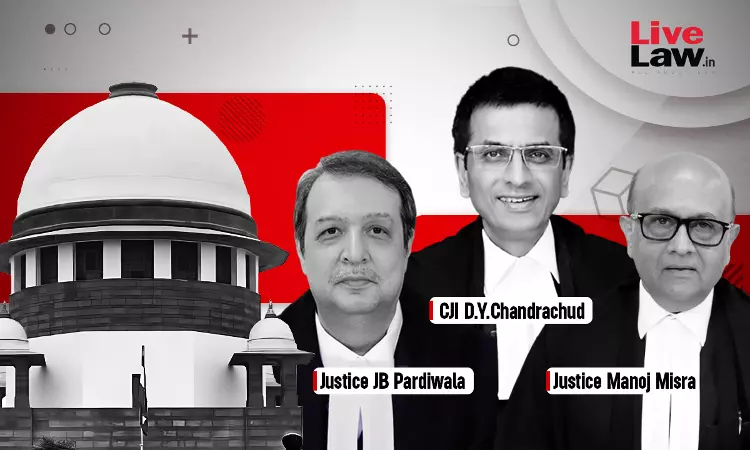Maharashtra Co-Operative Societies Act Does Not Curtail Power Of Police Investigation Under CrPC: Supreme Court
Gyanvi Khanna
16 Aug 2023 9:29 PM IST

Next Story
16 Aug 2023 9:29 PM IST
A three-judge Bench of the Supreme Court, while hearing an appeal, held that: “The police have an independent power and even duty under the CrPC to investigate into an offence once information has been drawn to their attention indicating the commission of an offence. This power is not curtailed by the provisions of the 1960 Act (Maharashtra Co-operative Societies Act).”The Bench comprised...
